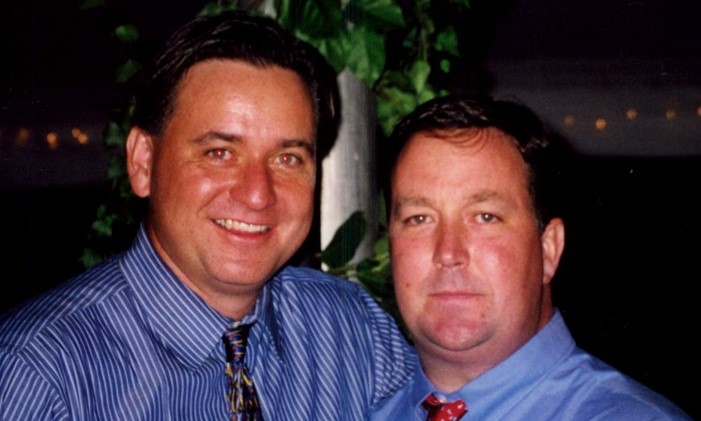
How a Civil Right Attorney Can Help
When a person has been a victim of discrimination or oppression, a civil rights attorney in Los Angeles can help. Civil rights are constitutional rights, and they demand the highest level of protection. These rights can include housing, freedom from arbitrary discrimination, association with people of your choice, and privacy. A Los Angeles civil right attorney can fight for these rights and more.
Spolin Law P.C.
Criminal defense and appeals are the main areas of practice for the lawyers at Spolin Law P.C. They offer top-notch legal representation to clients across California. You can contact them if you are facing a charge and want to know what your options are. Whether you are facing a criminal trial or an appeal, they will provide you with superior representation.
Aaron Spolin, a prominent criminal appeals attorney, has won major cases across the country. He focuses his practice on cases involving criminal justice system abuses. He has won numerous cases and has a growing clientele of now-free former inmates. He also has published several books on the topic of criminal law.
Unruh Civil Rights Act
If you have been subjected to discrimination or harassment because of your disability, you may have the right to file a civil rights claim. Under the Unruh Civil Rights Act, businesses and other establishments are required to make reasonable accommodations for the disabled. If you or a loved one has experienced discrimination due to your disability, you may be eligible to file a claim.
The Civil Rights Act of 1964 was enacted by President Lyndon Johnson as a way to end racial segregation in schools and businesses. It’s an important law, protecting personal liberties and preventing discrimination. The Unruh Civil Rights Act applies to all businesses in California. It prohibits discrimination based on race, age, religion, or national origin.
Bardzik v. Orange County Sheriff’s Department
The Bardzik case involves a former lieutenant in the Orange County Sheriff’s Department. He sued Sheriff Michael Carona, alleging that he retaliated against him for opposing him in an election. He also alleged that Carona continued to punish him after he was removed from his position.
The Court determined that Carona had qualified immunity to retaliate against Bardzik, a former reserve division commander. However, once Bardzik was transferred to Court Operations, he lost his qualified immunity. This resulted in the dismissal of the case.
The decision was based on a premise that Bardzik’s job description did not imply that he had the authority to make policy decisions. However, the majority opinion emphasized that Bardzik had the “power to control others” while in his Reserve Division role. However, he had only one more full-time employee than he did in Court Operations. This meant that Bardzik had no meaningful influence over department policy.
Doe v Unocal
In Doe v Unocal, farmers from the Tenasserim region of Burma brought a class-action lawsuit against Unocal Corporation and John Emile, chairman, and president of Unocal. They also sued MOGE, a French corporation that produces energy products. The plaintiffs allege that the defendants are responsible for the abuses they suffered.
Unocal denied the allegations, arguing that the complaint does not state a claim against it. The plaintiffs, however, maintained that they have presented evidence of human rights abuses. They also presented evidence that Unocal and SLORC had a business relationship. If these allegations were true, Unocal would be entitled to dismiss the case, but if plaintiffs could prove a link between Unocal and SLORC, the court could find Unocal liable for the abuses.
Unocal filed a motion to dismiss the plaintiffs’ complaint for lack of subject-matter jurisdiction. Since the motion was filed without an evidentiary hearing, the Court takes the allegations in the complaint as true.
Bardzik v. Orange County Department of Children & Family Services
Bardzik v. Orange County Department of Children & Family Services, a case that is now before the California Supreme Court, involves the handling of children in foster care. Bardzik was an employee of the Orange County Sheriff’s Department when he was elected to be the Sheriff. He joined the department in 1984 and rose to the rank of sergeant within ten years. In April 2003, he was promoted to lieutenant and was asked to take on more responsibility in the department.
In the case, Bardzik alleged that Orange County Sheriff’s Department retaliated against him after supporting the opposition candidate during the 2006 Sheriff’s election. The lawsuit was eventually settled for $950,000. This amount represents one of the largest settlements in Orange County history.


